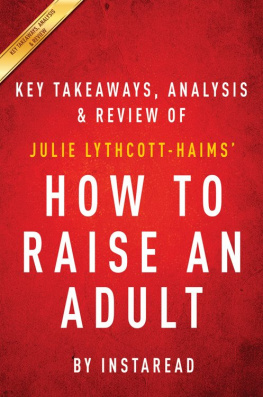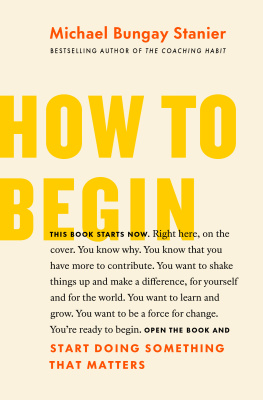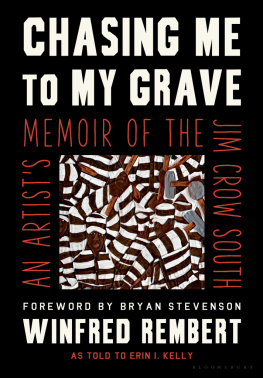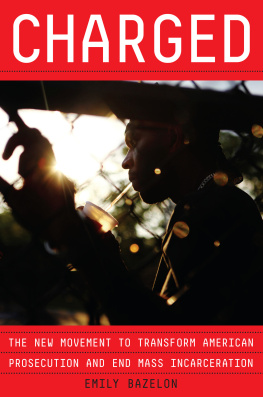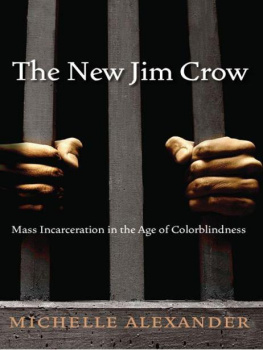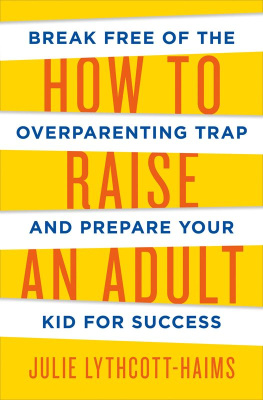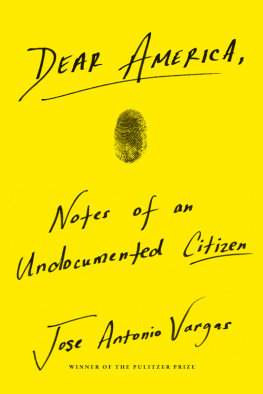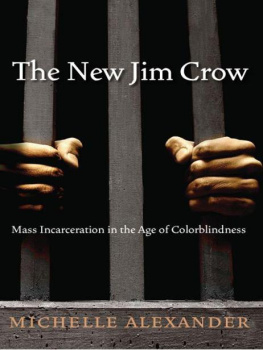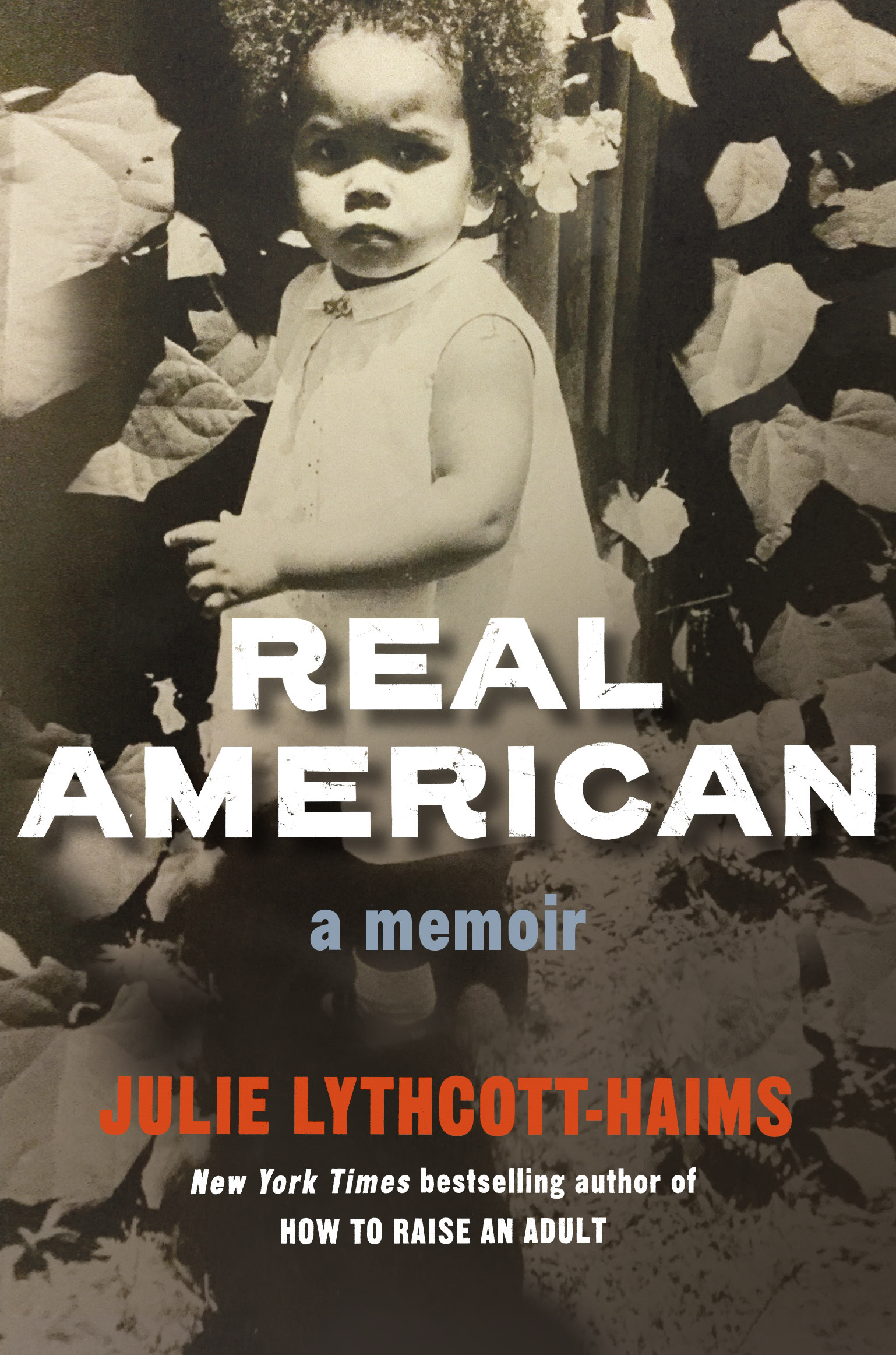Contents
Guide
Pagebreaks of the print version

The author and publisher have provided this e-book to you for your personal use only. You may not make this e-book publicly available in any way. Copyright infringement is against the law. If you believe the copy of this e-book you are reading infringes on the authors copyright, please notify the publisher at: us.macmillanusa.com/piracy.
for Silvey, for whom Eden was no garden
This book has a complicated provenance.
I began to write about race the day after the holiday party in 2005. I am grateful to the universe for bringing me to that awful intersection and pulling me through it.
I began writing poetry after reading Lucille Cliftons Good Woman in 2007. I am grateful to Ms. Clifton for lighting the way.
In 2012 I began an MFA at California College of the Arts where I spent a good deal of time writing about race. I wrote a poem on race in seven voices called A Day at the Races for Joseph Leases class, and am grateful to Joseph for urging me to publish it.
In 2013 I published that poem in a journal cofounded by one of my former students, Tanaya Winder, called As Us , which features the work of indigenous and underrepresented women. I am grateful to Tanaya for giving me my start as a published poet, and for seeing in my nationless mixed-race experience some solidarity with the experience of displaced indigenous people.
In 2013 I adapted that poem into a script for San Franciscos Poets Theater run by Small Press Traffic. I am grateful to Small Press Traffic for the opportunity, to director Brandon Jackson for his vision and tenderness as he staged my words, to Kelsei Wharton for documenting the experience, and to each actor for their careful consciousness: Yvorn Doc Aswad, Alonzo Cook, Ashley Hill, Ruth Marks, Estelle Piper, Luke Taylor, and Saroya Whatley.
I continued writing about race at CCA with the urging and support of many classmates and faculty including Stephen Jamal Leeper, Donna de la Perrire, Judith Serin, Dodie Bellamy, and Faith Adiele.
This book emerged from my masters thesis at CCA, which I wrote under the guidance and direction of Juvenal Acosta and Faith Adiele. I am forever grateful to the two of you for all but forcing me to go there.
I am grateful to my brother Stephen Xavier Lythcott for writing about our slave ancestor, Silvey, and to Silvey herself and everyone in between her and me for being and enduring and ultimately giving me life. To my extended family. To my mother and father. To Avery, Sawyer, and my beloved, Dan.
And as ever, I am grateful to the people who turned this manuscript into a book: my editor and my agent, the fierce and fearless Barbara Jones and Kimberly Witherspoon, and their entire teams at Henry Holt and InkWell Management.
Where are you from?
Here.
No, I mean, where are you from from?
As a child growing up in the seventies and early eighties in New York, Wisconsin, and Northern Virginia, there was something about my skin color and hair texture that snagged the attention of white children and adults. Their need to make sense of meto make something of sense out of nonsensical mewas pressing. My existence was a ripple in an otherwise smooth sheet. They needed to iron it down.
[The truth is, Im not really from here.]
[The truth is, thats not what they were asking.]
The truth is, they were asking, Why are you so different from what I know? So unclassifiable?
Theres love at first sight. Theres American at first sight . And from dozens of where are you from interactions with Americans over the years, Ive learned that American at first sight is about looksprimarily skin color and hair texturenot nationality.
I am the wooly-haired, medium-brown-skinned offspring typical when Blacks and whites have sex, which was considered illegal activity in seventeen of the fifty united states in 1966.
Nineteen sixty-six was the year before the U.S. Supreme Court decided in Loving v. Virginia that the laws preventing interracial marriage were unconstitutional, and 1966 was the year in which my Black father and white mother, an African American doctor and a British teacher who met in West Africa, chose to go ahead and get married anyway. They married in Accra, Ghana. I was born to them in Lagos, Nigeria, in 1967.
I come from people who broke the rules. Chose to live lives outside the box. Chose hope over hate as the arc of history was forced to bend a bit more toward justice. I am the goo in the melting pot.
Rhetorically championed.
Theoretically accepted.
Actually suspect.
In places hated.
Despised.
In the lead-up to the 2008 presidential election a persona stepped to the forefront of public consciousness, that of the Real American.
More than an individual you want to have a beer with, more than the everyman Joe the Plumber, the Real American is code for an entire era when men like Andy Griffith ran Mayberry or John Wayne swaggered through a western town. When white men cloaked in clothes of real or perceived authority could take what they believed was rightfully theirs with an air of ownership to the opportunity, to the land, to the people, and of belonging at the center of the situation, whatever it was. A time when the word he meant all genders. When normal and regular meant white.
This fictional characterthe Real Americanbecame a talisman, a lifeline to a more halcyon past for some white men and women bewildered by capitalisms demand for low-paid laborers and by the rising tide of legal and regulatory equality that dared to lift others boats. They looked around at us the others knocking at the door of the hiring manager, the landlord, the admissions dean, the local restaurant. Looked frantically around and began to see fewerlessof themselves.
Nursed by a milk of white supremacy fed to them as what was natural, right, and good for them, these whites believed the rest of us were interlopers, thieves at the door, threatening to take what was not ours. They grew incensed at the growing number of us others who refused to accept our place at the bottom of Americas ladder underneath even the most lowly of whites.
These Real Americans found a voice in their candidates, grew in number, became a mob who raised slogans, signs, fists, and arms. Who long to make America great
normal
regular
white
again.
These newly emboldened Real Americans issue angry orders to the rest of us: If you dont like it, go back to where you came from.
There is no back to where I came from.
You stole my homeland from me.
Me from my homeland, I mean.
I dont even know where it is.
Literally.
I came from Silvey.
I am the untallied, unpaid, unrepented damages of one of Americas founding crimes. I come from people who endured the psycho-cultural genocide of slavery, reconstruction, and Jim Crow. Who began to find a place here really only quite recently amid strides toward effecting a more perfect union, of liberty and justice for all.
I am Silveys great-great-great-great-granddaughter. She was a slave who worked on a plantation in the late 1700s in Charleston, South Carolina, the harbor town through which close to one in two African slaves entered America over the centuries. Silvey bore three children by her master, Joshua Eden, by which I mean he raped her; there is no consent in slavery. Silveys daughter Silvia was born in 1785, and Joshua freed Silvey, Silvia, and their other children some years later. Silvia gave birth to a son named Joshua in 1810. Joshua had a son named Joshua Jr., born in 1845. His daughter, Evelyn, was born in 1896. Evelyn bore my father, George, in 1918. And I was born to him in 1967.


